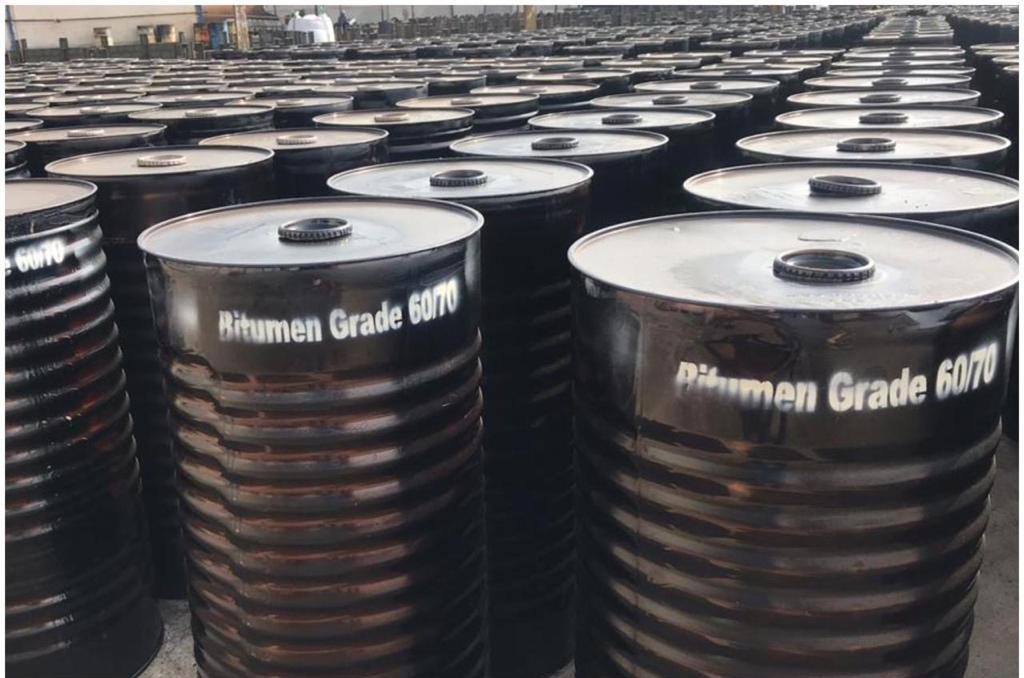General definition of Bitumen 60/70
Bitumen 60/70 is produced through aeration on vacuum bottom (the raw material used for making bitumen left in vacuum distillation column in oil refineries) in bitumen production units. Its penetration grade is between 60 to 70. Bitumen is specified by the penetration and softening point test. Bitumen Penetration Grade 60/70 is mainly used in the manufacture of hot mix asphalt for bases and wearing courses.
The Bitumen mode is dependent on temperature. The temperature-vs-stiffness relationship of bitumen is dependent on the type of crude oil and its refining method. Bitumen penetration grade is semi-hard penetration grade bitumen used as a paving grade bitumen which is suitable for road construction and repair. Bitumen 60/70 is not a dusty material, but respirable dust may be released by cutting, drilling or planning hardened asphalt.
The quality of 60/70 bitumen in mostly dependent on the physical and properties of the bitumen such as viscosity, softness, shaping and loss of temperature at flash point. It is notable that in the countries with moderate temperature, the type of 60/70 grade bitumen is widely used in road construction projects.
Bitumen 60/70 is a standard Penetration Grade of Bitumen ASTM D946M, typically used as a Paving Grade Bitumen suitable for road construction and for the production of asphalt pavements with superior properties particularly in road and airport constructions and other similar applications. This grade of Bitumen is mainly used in the manufacture of hot mix asphalt for bases and wearing courses. Penetration Grades of Bitumen is produced from Vacuum Residue, which is blown by hot air in the Biturox Blowing Unit; The fully automated process runs continuously resulting in a constant and homogeneous finished product quality. Penetration Grade Bitumen can be supplied in any grade and are designated by two numbers to indicate the mid-points of their penetration ranges.
Those grades of bitumen which have high degree of penetration (such as bitumen 85/100)are known as soft bitumen and are utilized in cold climate regions. On contrary, the bitumen with low penetration degree (i.e. 40/50) is named relatively solid bitumen and are mainly used in the areas with high temperature climate.
If you are more interested in product information or need to place an order contact or inquire about our Sales team.
Properties of Bitumen Grade 60/70
all refineries are in charge of testing this grade of bitumen after production and provide buyers with specifications table. This table includes items such as penetration value, flash point, softening point, ductility and specific gravity. Penetration value indicates the level of bitumen hardness. For bitumen 60/70, penetration is between 6 to 7 mm. Various types of bitumen have also different softening points, which indicates the temperature at which bitumen starts to melt. The softening point of bitumen grade 60/70 is between 49 to 50°.
the 4 Major of Bitumen 60/70
- Penetration Test
- Softening Point Test
- Ductility Test
- viscosity test
1.Penetration test:
It measures the hardness or softness of bitumen by measuring the depth in tenths of a millimeter to which a standard loaded needle will penetrate vertically in 5 seconds. BIS had standardised the equipment and test procedure.
A grade of 60/70 bitumen means the penetration value is in the range 60 to 70 at standard test conditions. In hot climates, a lower penetration grade is preferred. Figure 0.1 shows a schematic Penetration Test setup.
2.Softening Point Test:
Softening point denotes the temperature at which the bitumen attains a particular degree of softening under the specifications of test. The test is conducted by using Ring and Ball apparatus. Also Temperature is noted when the softened bitumen touches the metal plate which is at a specified distance below. Generally, higher softening point indicates lower temperature susceptibility and is preferred in hot climates. Figure 0.1 shows Softening Point test setup.
3.Ductility Test:
Ductility is the property of bitumen that permits it to undergo great deformation or elongation. Ductility is defined as the distance in cm, to which a standard sample or briquette of the material will be elongated without breaking.
4.viscosity test:
Viscosity denotes the fluid property of the bituminous material and it is a measure of resistance to flow. At the application temperature, this characteristic greatly influences the strength of resulting paving mixes. Low or high viscosity during compaction or mixing has been observed to result in lower stability values.
Application Temperature
| Application | Recommended Temperature |
| Storage Temperature | 120-150 °C |
| Mixing Temperature | 135-155 °C |
| Compacting Temperature | 125-145 °C |
Application of Bitumen grade 60/70
This grade of bitumen is also mainly used in the manufacture of hot mix asphalt. also, Bitumen is suitable for road construction and repair for asphalt pavements with superior properties. Bitumen is used for hot mixed asphalt because of the properties of very strong viscosity compared to other grades. Also used in specialized applications like airport runways and also in very heavy traffic volume roads in coastal cities in the country. This kind of bitumen is suitable to be used for road construction projects in mild regions.Also it can be used for producing some kind of asphalt primer and Waterproofing products.
Bitumen 60/70 can work well and is suitable for any application but it’s widely used in road construction. The 60/70 bitumen is a type of bitumen with moderate penetration grade so it’s not too hard nor too soft and it’s the most commonly applicable bitumen for road paving and maintenance, because of the high tolerance in the matter of heart and strength. That’s why it’s also called paving grade bitumen which is because of the features mentioned before. There are also other specifications for this grade apart from the penetration including viscosity, flash point, ductility, softening point, and loss of heating discussed in the following paragraph.
Packing of Bitumen grade 60/70
Bitumen’s packaging is a real concern especially if it’s meant to be exported, the better and safer packaging, guarantees the better delivery of the cargo. There are several different ways to package the bitumen which can vary depending on the tonnage, type, and grade of the bitumen- as mentioned before, different grades of bitumen have different levels of stiffness and viscosity- so the grade also plays an important role in choosing a suitable packaging. Bitumen grade 60/70 is commonly packed in new steel drums, 150, 180 & 220 Kg barrels and Jumbo Bags or 300 Kg Bitubag.
Bitumen 60/70 in 1 MT Jumbo Bag:
Loading 20MT in 20 ft Container
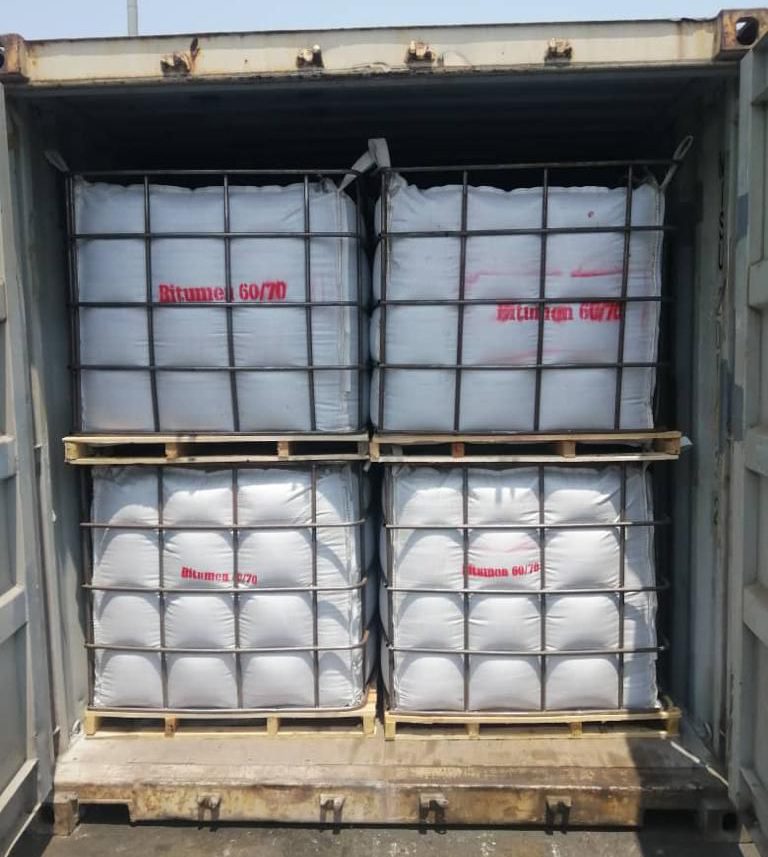
Bitumen 60/70 in 1300 Kg Jumbo Bag:
Loading 26 MT in 40 ft Container
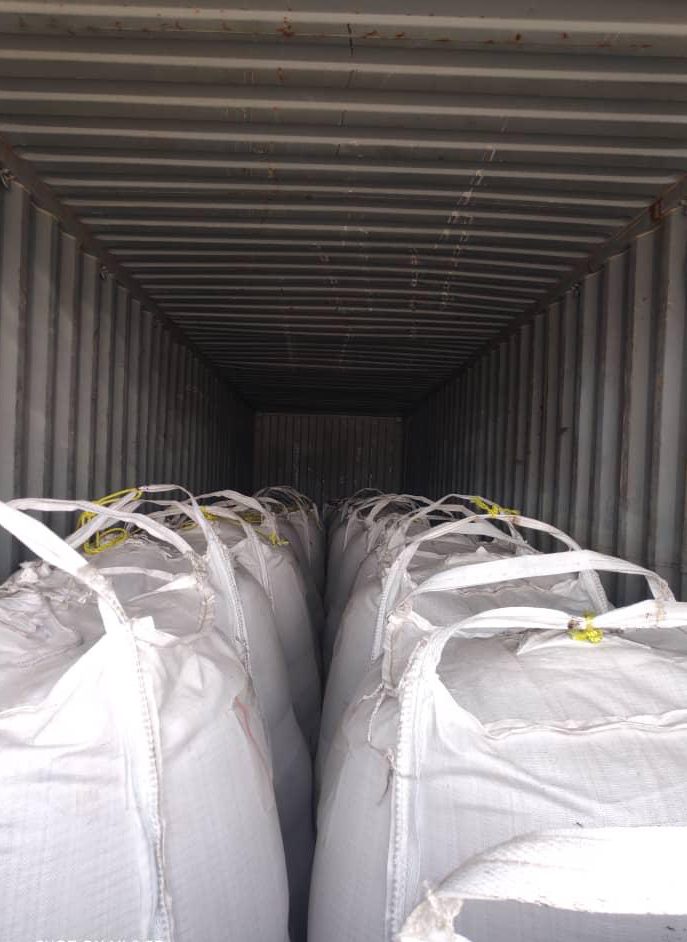
Bitumen 60/70 in 180kg New Steel Drum:
Loading 110 Drum in 20 ft
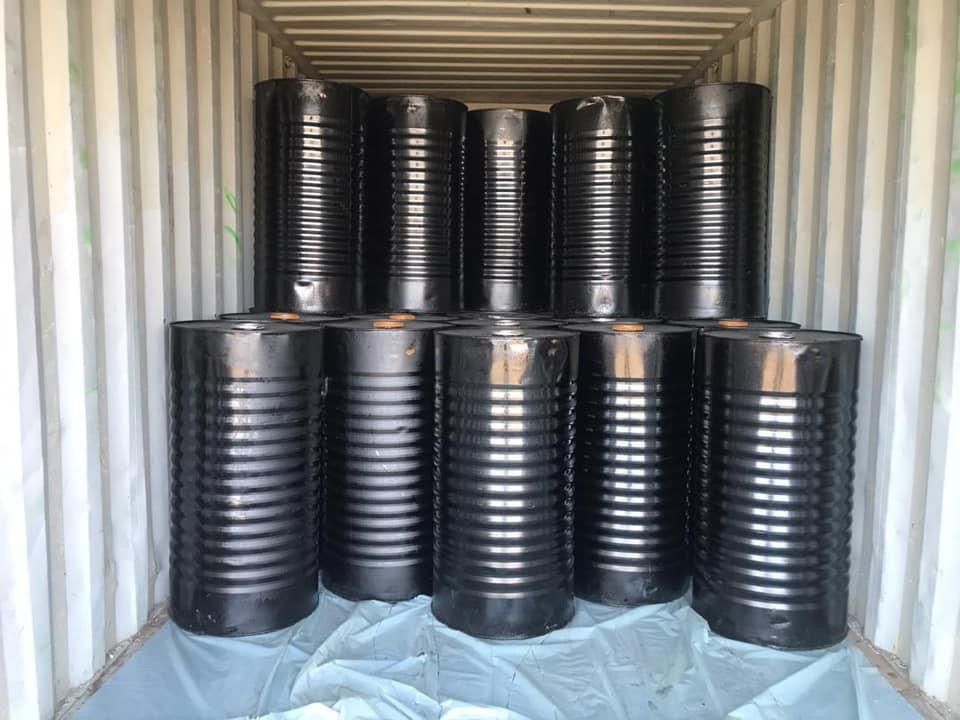
Bitumen 60/70 in 300Kg Bitubag:
Loading 24 MT in 20 ft Container
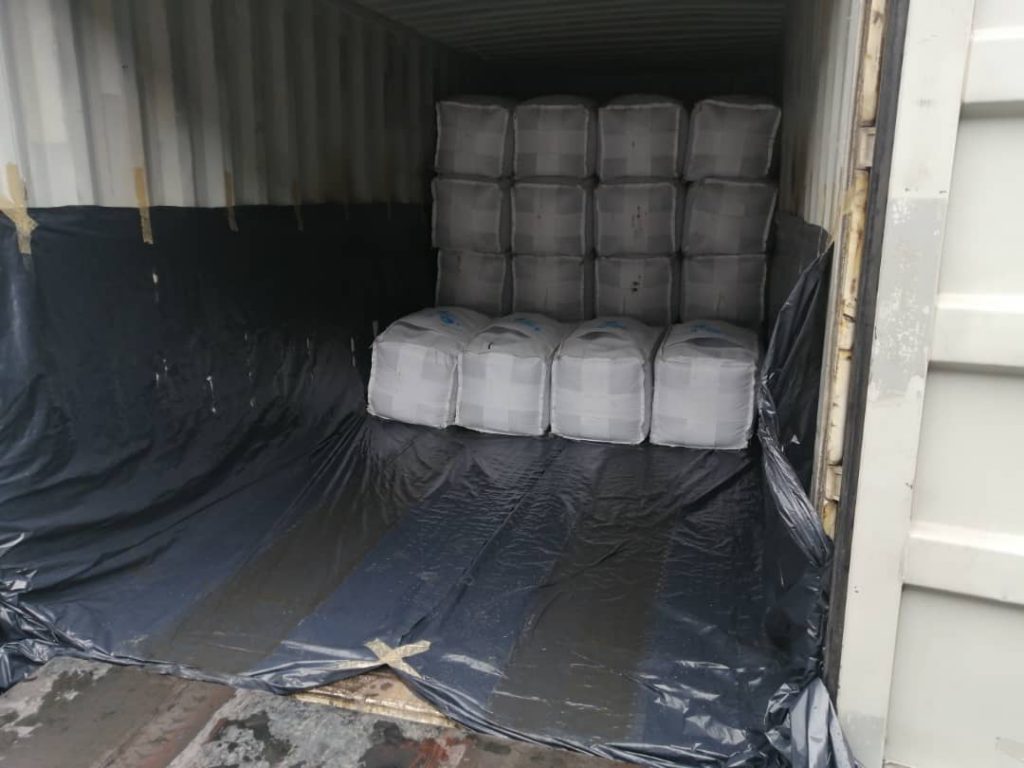
Specification of Asphalt 60/70
Bitumen guarantees that the Bitumen Grade 60/70 is produced in compliance and conformity to International Standards such as AASHTO M20-70 & ASTM D946, also, meets the following specification requirements. The specifications of our bitumen are as followed in the table below.
| Bitumen 60/70 | Test method | Unit | Specification |
| Specific gravity @ 25°C | ASTM D70 | Kg/cm3 | 1.01/1.06 |
| Penetration @ 25°C | ASTM D5 | mm/10 | 60/70 |
| Softening point °C | ASTM D36 | °C | 49/56 |
| Ductility @25 °C | ASTM D113 | cm | 100 min |
| Loss on heating(wt) % | ASTM D6 | wt % | 0.2 max |
| Drop in penetration after heating % | ASTM D5-D6 | % | 20 max |
| Flashpoint °C | ASTM D92 | °C | 232 min |
| Solubility in Trichloroethylene | ASTM D2042 | wt % | 99 min |
| Spot test | A.A.S.H.O.T102 | Negative |

